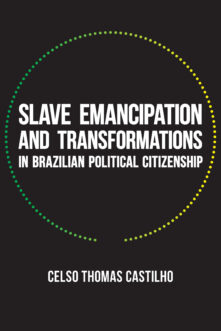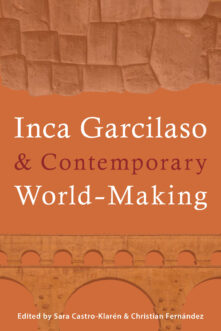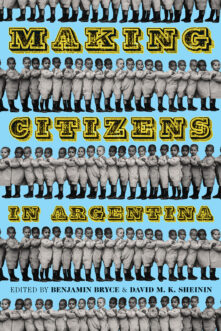Books
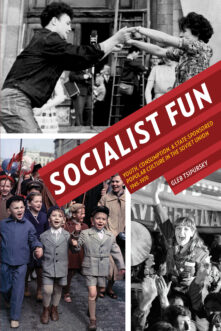
Socialist Fun
Youth, Consumption, and State-Sponsored Popular Culture in the Soviet Union, 1945–1970
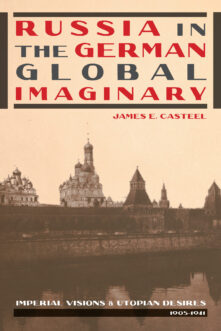
Russia in the German Global Imaginary
Imperial Visions and Utopian Desires, 1905-1941
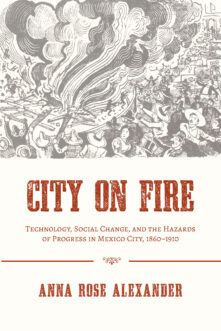
City on Fire
Technology, Social Change, and the Hazards of Progress in Mexico City, 1860-1910
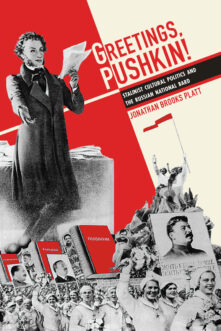
Greetings, Pushkin!
Stalinist Cultural Politics and the Russian National Bard
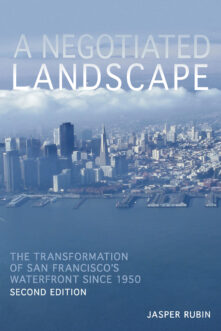
A Negotiated Landscape
The Transformation of San Francisco's Waterfront since 1950
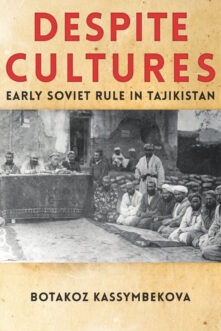
Despite Cultures
Early Soviet Rule in Tajikistan
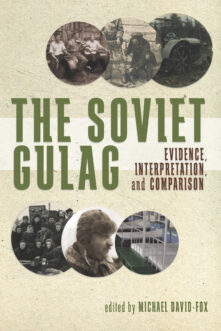
The Soviet Gulag
Evidence, Interpretation, and Comparison

When They Hid the Fire
A History of Electricity and Invisible Energy in America
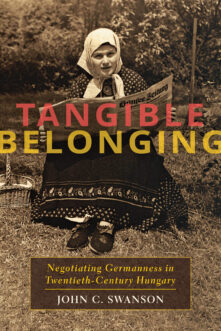
Tangible Belonging
Negotiating Germanness in Twentieth-Century Hungary
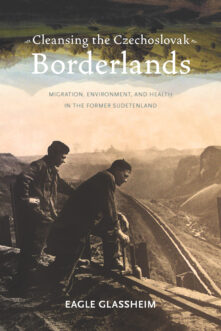
Cleansing the Czechoslovak Borderlands
Migration, Environment, and Health in the Former Sudetenland
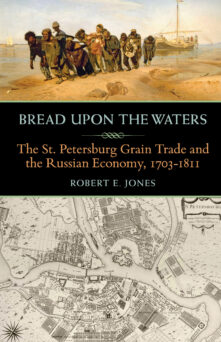
Bread upon the Waters
The St. Petersburg Grain Trade and the Russian Economy, 1703-1811

Living with Lead
An Environmental History of Idaho's Coeur D'Alenes, 1885-2011
Total 205 results found.


